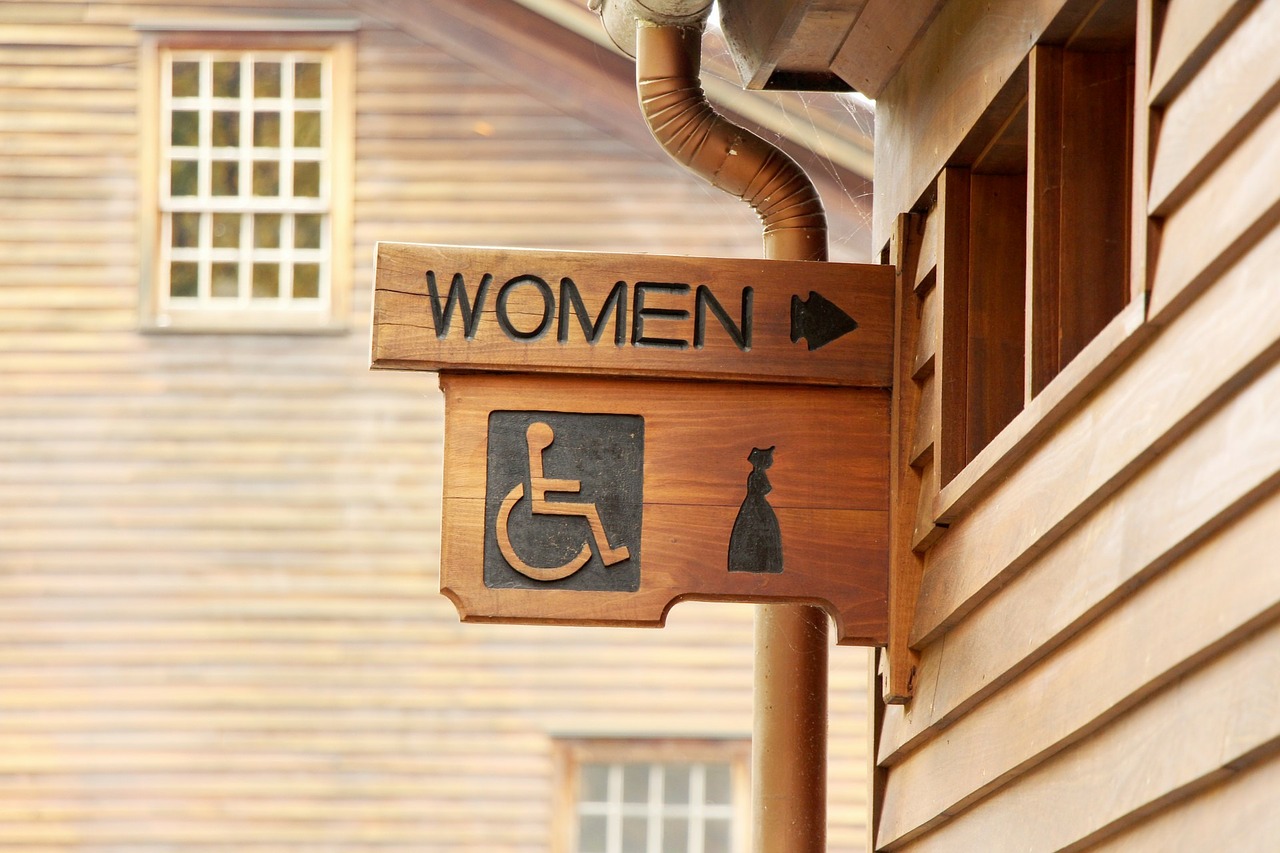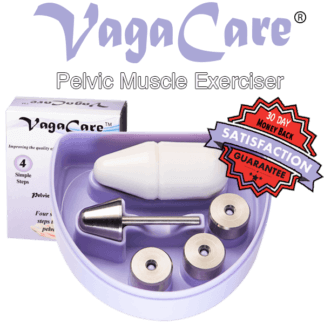Do I Have Issues with Bladder Control?
Bladder control problems for women are usually a sign of an overactive bladder. Women who have an overactive bladder can have strong and sudden urges to urinate. [1] By the same token, they can have bladder control problems associated with weak pelvic muscles. Weak pelvic muscles can cause incontinence. These muscles also become weak and stretched during pregnancy and childbirth.
Getting up to go to the bathroom three to four times nightly is not normal. This is a sign of an overactive bladder, and it affects a lot of women. Bladder control problems also affect how a woman releases and holds urine. When a woman leaks urine accidentally this is known as urinary incontinence (UI). In reality, there are millions of women who have bladder control problems in the US. It affects women of all ages, young and old.
Menopause and Bladder Control Problems
When women go through menopause, they can experience problems controlling their bladder. This is due to changes in their body, and it’s very common. Then again, why does menopause cause a weak bladder? The answer is simple. Woman’s ovaries will stop producing estrogen during menopause. Estrogen is an essential hormone for women. It starts with puberty, controls the menstrual cycle and continues during pregnancy.
When the body stops making estrogen, women will experience a break from these stages. They can experience mood changes, night sweats, and hot flashes. However, there are some other bodily changes that contribute to bladder control problems for women:
- Their pelvic floor muscles that support the bladder and urethra, weakens.
- The lining of their urethra begins to thin. Which is the tube that releases urine from their bladder.
- Vaginal tissue will become less elastic.
As an illustration, women after menopause are more likely to get a urinary tract infection. Some women also suffer from nocturia, which is waking up several times nightly to urinate. Most of all, both of which are treatable and manageable with the proper medical advice and exercise equipment.
What Else Can Cause Bladder Control Problems and Leakage?
As a result , a common question that a lot of women ask and look for answers. Menopause isn’t the only culprit for your bladder to act up. As a matter of fact, just having one child or several can cause bladder problems. Weakened pelvic muscles due to aging are common for women over the age of 65. [2] Thereby, other conditions like multiple sclerosis or diabetes can cause nerve damage. This, in turn, can and does cause bladder control problems.
Equally important, is the types of medications that you take? Some pain medication and antidepressants can keep the bladder from emptying. In these types of cases, your doctor can change the prescription or dose.
What are the Treatment Options?
When it comes to bladder control for women? There are a lot of things that cause women to frequently urinate overnight. Such as, treatment options that vary depending on the type and severity. Below are the top three treatment options for bladder control.
Additionally, they are also the most common treatment options recommend by doctors and physical therapists:
- Vaginal Estrogen Cream: A low dose and small amount are applied inside of the urethra or vagina. It can help ease both urge and stress incontinence. Estrogen pills or patches are not as effective as the cream.
- Prescription Medication: Drugs known as antispasmodics can block important signals for muscle spasms and urine leakage. For some women, prescription medication can work and improve incontinence.
- Vaginal Weights: is the best method of improving bladder control problems. Furthermore, they’re important for strengthening pelvic floor muscles.
The Solution
If you suffer from bladder control problems? The best solution for preventing and stopping urinary leakage is with vaginal weights. To summarize, strengthening your pelvic floor muscles will improve your bladder control. Therefore, enhancing intimate sex sensations as well as orgasms.
References:
- The Canadian Continence Foundation. “ Stress Urinary Incontinence vs Overactive Bladder.” Retrieved: Feb 19, 2019.
- School of Medicine and Public Health. “ Solutions for pelvic floor disorders.” Retrieved: Feb 19, 2019.
Discreet Shipping
From Venice Florida
Customer Support
support @ vagacare.com
Mon - Fri: 9:00 - 5:00
941-445-6005 | Online 24/7
Site Links
Account Links
Why Shop With Us
* 100% Discreet Shipping
* Secure Shopping
* Trusted for 12 Years
* No Catalogs Mailed to Your Home
* Real People That Care About You
Call: 941.445.6005
© COPYRIGHT 2006-2018 VagaCare® an Affiliate of Medgo® LLC. ALL RIGHTS RESERVED.
Our Healthy products are not intended to diagnose, cure or prevent any disease.


